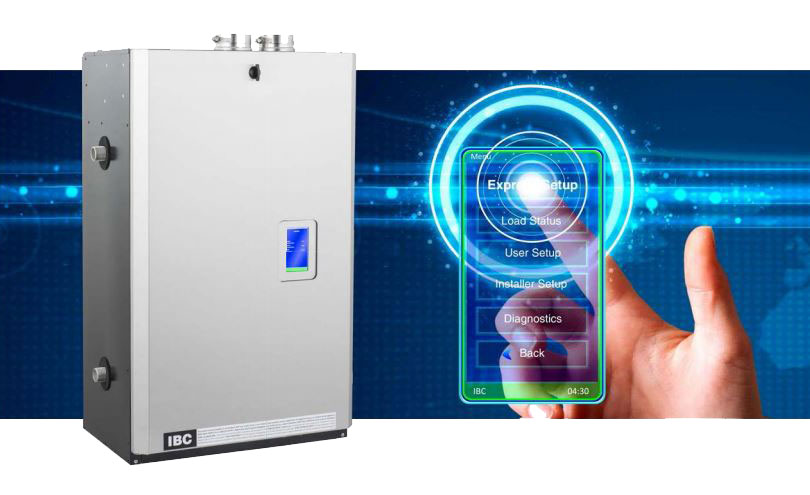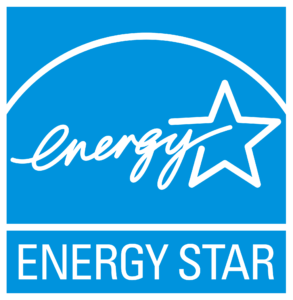Efficiency Explained: Shop Smart
 Shopping for a new home system can be confusing. Energy efficiency is key- we all want to keep our costs down, and the environment clean.
Shopping for a new home system can be confusing. Energy efficiency is key- we all want to keep our costs down, and the environment clean.
When you’re shopping for any home appliances or systems, be sure to look for the Energy Star label. All Energy Star products are independently certified to save energy without sacrificing features or functionality.
 Read on to explore some other energy ratings you’ll encounter as you explore your options. And remember, when in doubt, contact our experts here at Paquette. We’re here to help ensure that you’re getting the most out of your heating and hot water systems.
Read on to explore some other energy ratings you’ll encounter as you explore your options. And remember, when in doubt, contact our experts here at Paquette. We’re here to help ensure that you’re getting the most out of your heating and hot water systems.
Heating Your Home: What the Ratings Mean
A central furnace or boiler’s efficiency is measured by annual fuel utilization efficiency (AFUE). The Federal Trade Commission requires new furnaces or boilers to display their AFUE so consumers can compare heating efficiencies of various models. AFUE is a measure of how efficient the appliance is in converting the energy in its fuel to heat over the course of a typical year.
Specifically, AFUE is the ratio of annual heat output of the furnace or boiler compared to the total annual fossil fuel energy consumed by a furnace or boiler. An AFUE of 90% means that 90% of the energy in the fuel becomes heat for the home and the other 10% escapes up the chimney and elsewhere. AFUE doesn’t include the heat losses of the duct system or piping, which can be as much as 35% of the energy for output of the furnace when ducts are located in the attic, garage, or other partially conditioned or unconditioned space.
Our IBC Premium Condensed Boilers and Combi Boilers are up to 95% AFUE.
What’s the EF?
Exploring the Energy Factor
Use the energy factor to determine the energy efficiency of a storage, tankless or demand-type water heater, or heat pump water heater.
The energy factor (EF) indicates a water heater’s overall energy efficiency based on the amount of hot water produced per unit of fuel consumed over a typical day. This includes the following:
- Recovery efficiency – how efficiently the heat from the energy source is transferred to the water
- Standby losses – the percentage of heat loss per hour from the stored water compared to the heat content of the water (water heaters with storage tanks)
- Cycling losses – the loss of heat as the water circulates through a water heater tank, and/or inlet and outlet pipes.
The higher the energy factor, the more efficient the water heater. However, higher energy factor values don’t always mean lower annual operating costs, especially when you compare fuel sources.
Product literature from a manufacturer usually provides a water heater model’s energy factor. Don’t choose a water heater model based solely on its energy factor. When selecting a water heater, it’s also important to consider size and first hour rating, fuel type, and overall cost.
Simple Tips
Here are some simple tips to make your home more efficient beyond installing a new, more efficient heating or hot water system.
Hot Water Waste
You can lower your water heating costs by using and wasting less hot water in your home. Water heating is the second largest energy expense in your home. It typically accounts for about 18% of your utility bill after heating and cooling. To conserve hot water, you can fix leaks, install low-flow fixtures, and purchase an energy-efficient dishwasher and clothes washer.
Faucets and appliances can use a lot of hot water, which costs you money. Look for ways to heat your water more efficiently and use less.
Staying Warm
- Set your programmable thermostat as low as is comfortable in the winter and lower the setpoint when you’re sleeping or away from home.
- Clean or replace filters on furnaces once a month or as recommended.
- Clean warm-air registers, baseboard heaters, and radiators as needed; make sure they’re not blocked by furniture, carpeting, or drapes.
- Eliminate trapped air from hot-water radiators once or twice a season; if unsure about how to perform this task, contact a professional.
- Place heat-resistant radiator reflectors between exterior walls and the radiators.
- Turn off kitchen, bath, and other exhaust fans within 20 minutes after you are done cooking or bathing; when replacing exhaust fans, consider installing high-efficiency, low-noise models.
- During winter, keep the draperies and shades on your south-facing windows open during the day to allow the sunlight to enter your home and closed at night to reduce the chill you may feel from cold windows.
- Time to Go Tankless?
- March 23, 2017 - Condensing Boilers: Durable & Efficient - March 23, 2017
- Efficiency Explained: Shop Smart
- March 23, 2017
